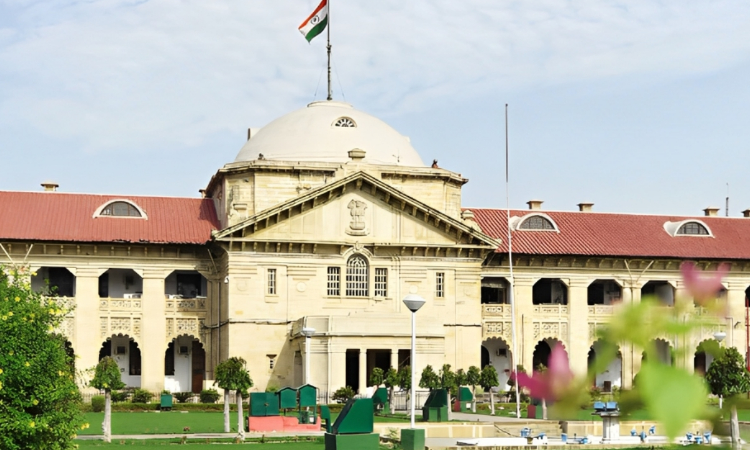The Administrative Tribunals Act 1985 and Contempt of Courts Act 1971 govern administrative tribunals and contempt jurisdiction, respectively. Article 323A of the Indian Constitution empowers Parliament to frame laws for administrative tribunals.
Relevant Sections
- Section 17 of the Administrative Tribunals Act 1985: Empowers the Tribunal to exercise contempt jurisdiction similar to the High Court under the Contempt of Courts Act 1971.
- Section 19 of the Contempt of Courts Act 1971: Specifies appellate jurisdiction regarding contempt orders, which lies before the Supreme Court.
Court’s Ruling
- The Allahabad High Court held that appeals against orders of the Central Administrative Tribunal in contempt proceedings lie before the Supreme Court under Section 19 of the Contempt of Courts Act 1971.
- It emphasized that such orders cannot be challenged before the High Court under Article 226 of the Constitution of India.
Interpretation of Constitutional Provisions
- Article 323A: Empowers Parliament to frame laws for administrative tribunals.
- Article 129 and 215: Provide unalienable jurisdiction to the Supreme Court and High Courts respectively, not to be undermined by subordinate legislative enactments.
Precedent and Legal Basis
- The Court referenced T. Sudhakar Prasad v. Government of A.P. and L. Chandra Kumar v. Union of India to affirm the validity of Article 323A(2)(b) and Section 17 of the Administrative Tribunals Act 1985.
- It clarified that orders under contempt proceedings are appealable to the Supreme Court only, as per Section 19 of the Contempt of Courts Act 1971.
Multiple Choice Questions (MCQs):
- Which court holds appellate jurisdiction over orders of the Central Administrative Tribunal in contempt proceedings?
- A) High Court
- B) Supreme Court
- C) District Court
- D) Lower Administrative Tribunal
- Answer: B) Supreme Court
- According to the Allahabad High Court, can orders of the Central Administrative Tribunal in contempt proceedings be challenged before the High Court under Article 226 of the Constitution of India?
- A) Yes
- B) No
- Answer: B) No
- Which constitutional provision empowers Parliament to frame laws for administrative tribunals?
- A) Article 226
- B) Article 323A
- C) Article 129
- D) Article 215
- Answer: B) Article 323A
- In what capacity does Section 17 of the Administrative Tribunals Act 1985 empower the Tribunal?
- A) To issue regular orders
- B) To exercise contempt jurisdiction
- C) To conduct trials
- D) To hear appeals
- Answer: B) To exercise contempt jurisdiction
- According to the ruling, which court’s jurisdiction is considered unalienable and cannot be undermined by legislative enactments?
- A) District Court
- B) Lower Administrative Tribunal
- C) High Court
- D) Supreme Court
- Answer: D) Supreme Court
